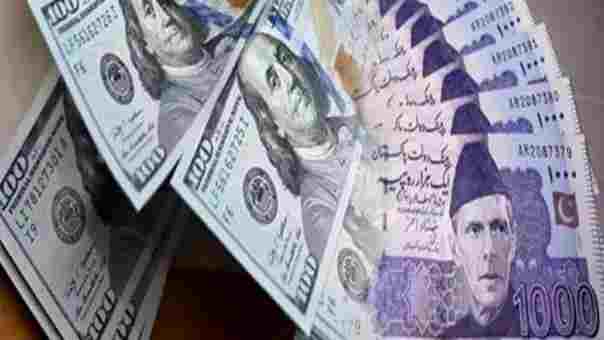Pakistan’s open currency market remained unstable on Sunday, continuing the trend of volatility that has gripped the market throughout the past week.
The sharp fluctuations in exchange rates are being closely watched by economists and investors as global and domestic financial pressures persist.
The Pakistani rupee remains highly sensitive to both internal economic instability and external market conditions. Analysts attribute this ongoing weakness to a combination of rising inflation, shrinking foreign reserves, and unstable global economic trends—all of which are significantly affecting exchange rates.
The persistent unpredictability in exchange rates is creating mounting concern across various sectors. Importers, exporters, investors, and everyday consumers are all grappling with the effects of these changes. Financial planning, trade transactions, and the overall cost of living have become more complicated due to inconsistent exchange rates, especially for those engaged in foreign education, international travel, or overseas investments.
On Sunday, the exchange rates for major international currencies against the Pakistani rupee were recorded as follows:
The US Dollar traded between Rs. 283.75 and Rs. 284.25. The UK Pound Sterling ranged from Rs. 387.75 to Rs. 388.44, while the Euro was seen at Rs. 334.11 to Rs. 334.70. The UAE Dirham stood between Rs. 77.80 and Rs. 77.94, and the Saudi Riyal from Rs. 75.66 to Rs. 75.80.
Other currencies showed similar trends. The Canadian Dollar ranged between Rs. 209.04 and Rs. 209.41, and the Australian Dollar between Rs. 186.46 and Rs. 186.79. The Swiss Franc traded between Rs. 357.56 and Rs. 358.19, and the Singapore Dollar from Rs. 222.69 to Rs. 223.08.
Among Asian currencies, the Chinese Yuan stood at Rs. 39.62 to Rs. 39.69, the Japanese Yen between Rs. 1.96 and Rs. 1.97, and the Hong Kong Dollar from Rs. 36.15 to Rs. 36.21. The Thai Baht traded between Rs. 8.76 and Rs. 8.77, the Swedish Korona at Rs. 29.85 to Rs. 29.90, and the Danish Krone from Rs. 44.78 to Rs. 44.86.
Experts emphasize that actively monitoring exchange rates is now more important than ever. With ongoing volatility, businesses and individuals are urged to adopt strategic financial planning to reduce risks and seize timely investment opportunities. As exchange rates continue to shift unpredictably, staying informed is key to navigating Pakistan’s evolving economic landscape.
